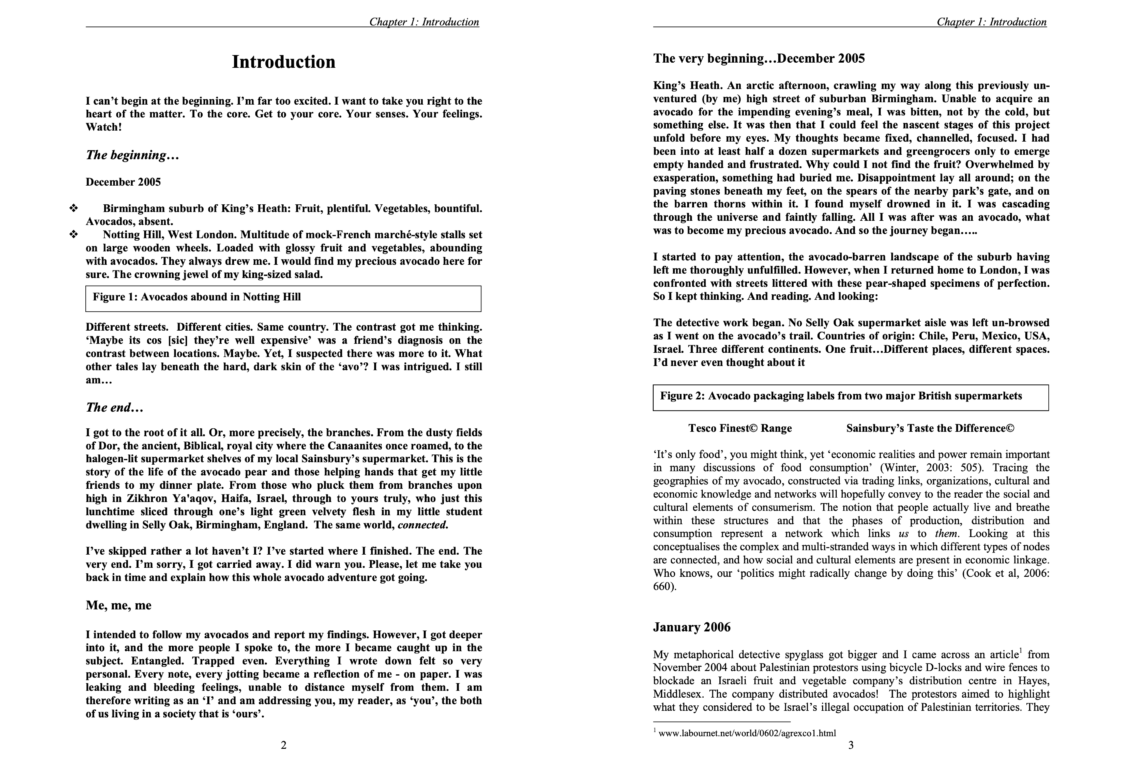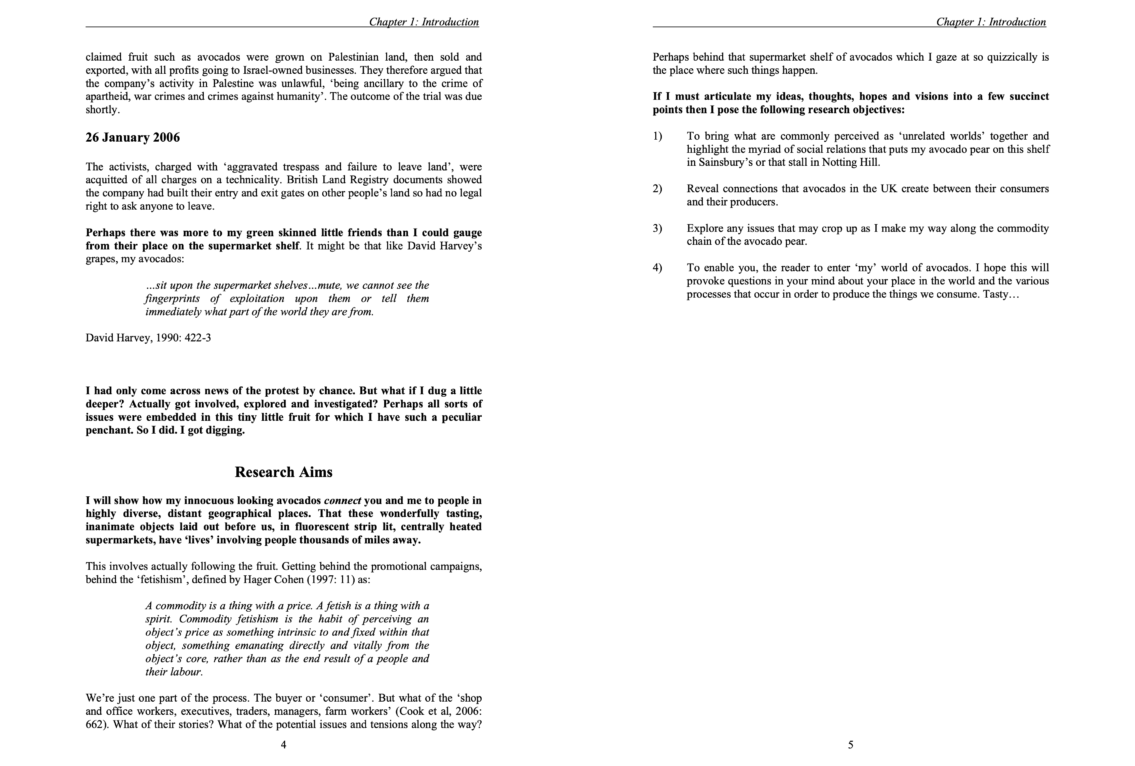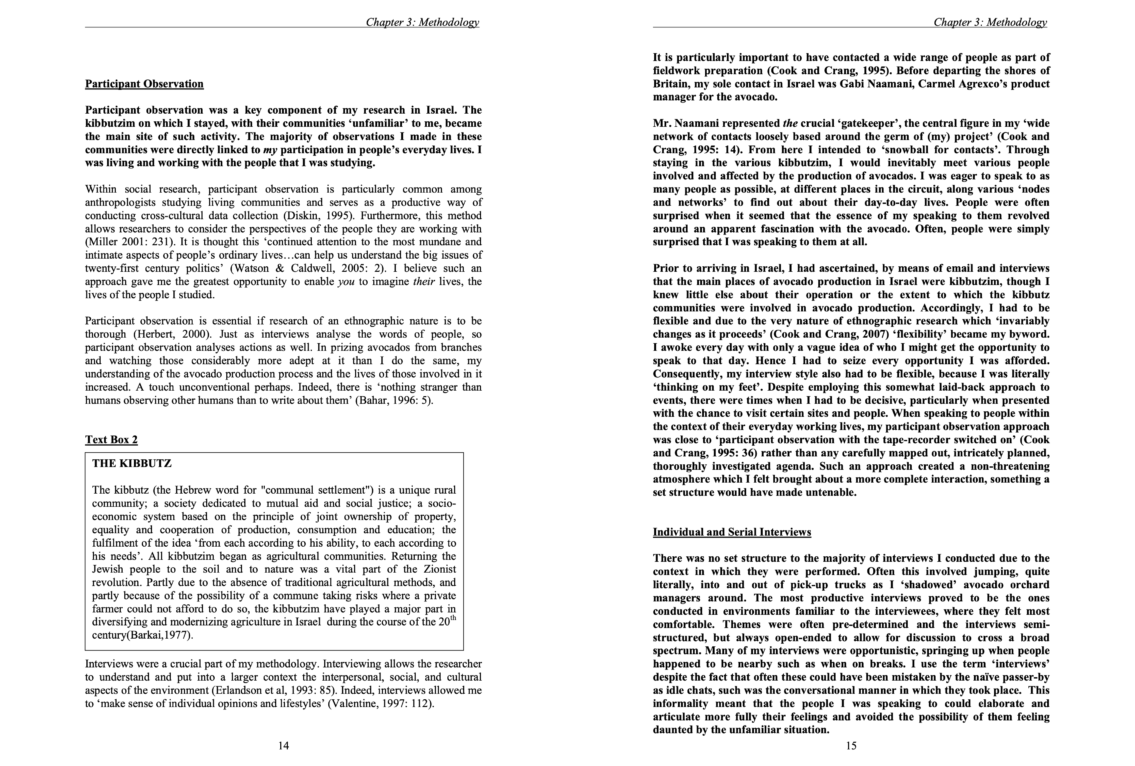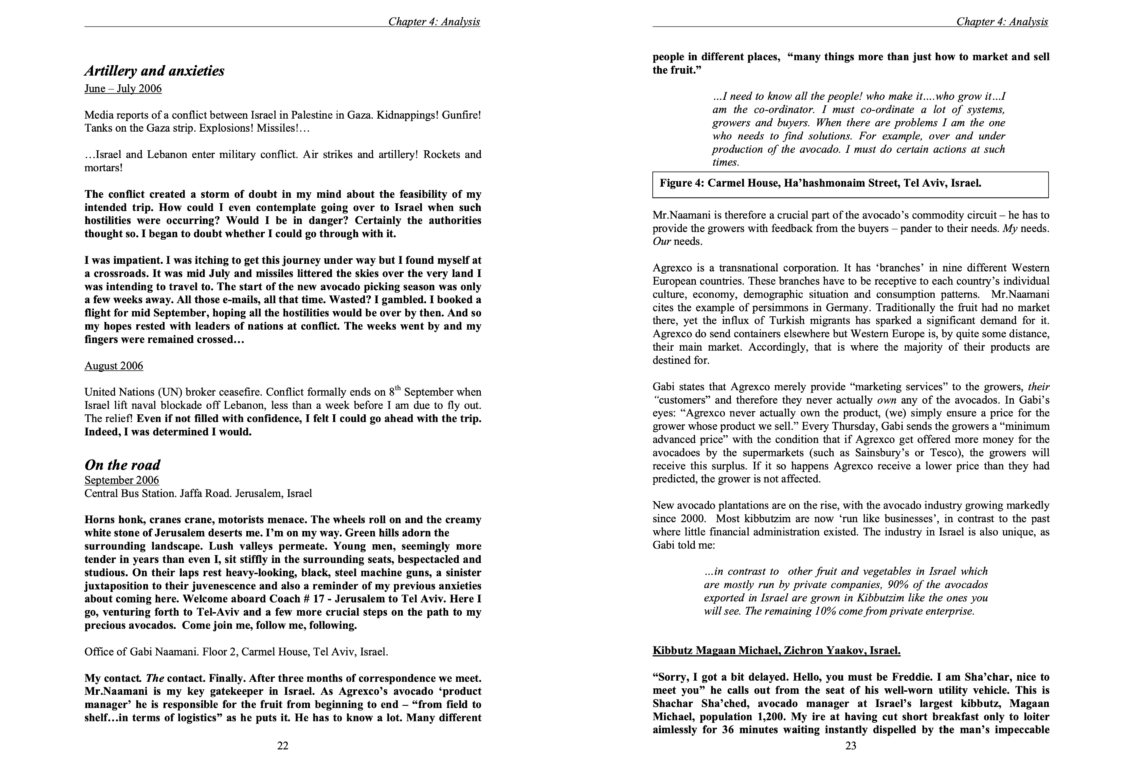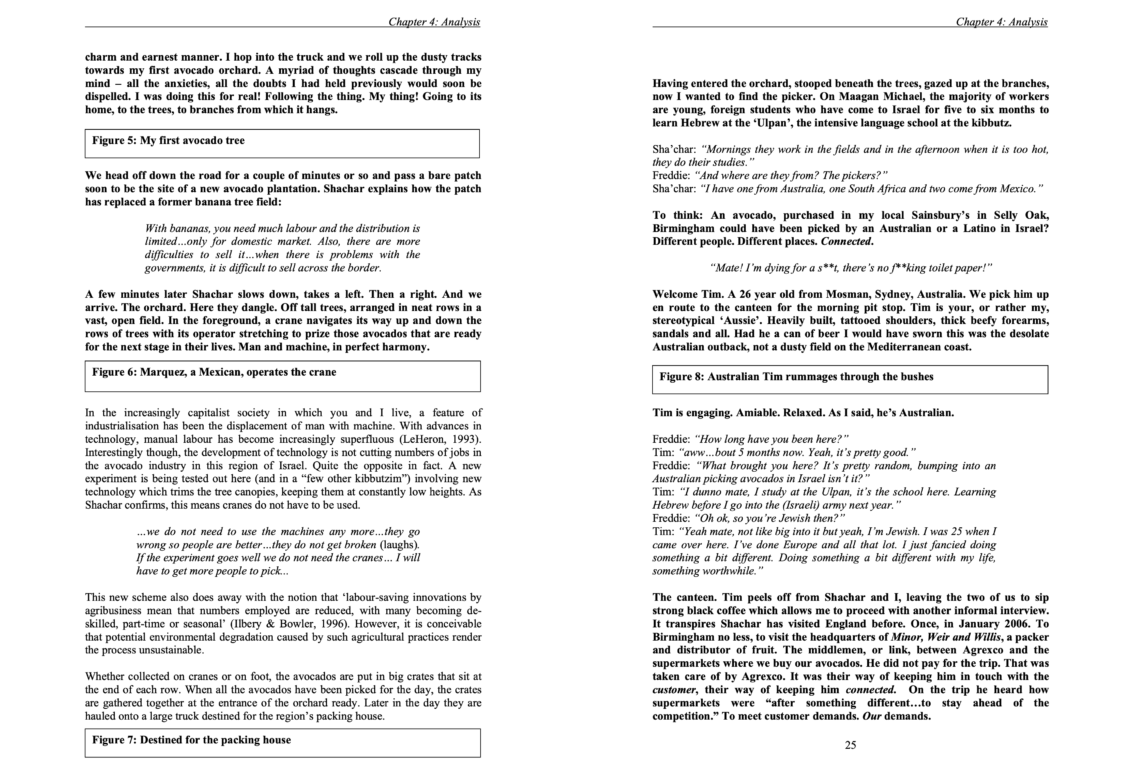
followthethings.com
Grocery
“Jaffa, The Orange’s Clockwork“
A documentary film dirercted by Eyal Sivan for Trabelsi Productions.
Trailer embedded above, search online for streaming options here.
Imagine visiting your local supermarket and popping a bag of Jaffa branded oranges in your basket. Then imagine browsing your favourite news site on your phone in the checkout queue and reading the latest story about deaths in Gaza, war in the Middle East. Maybe you’ve read a lot about this conflict, or have some first hand experience. But news stories don’t tend to explain its background, how and why it began. That bag of oranges – and this documentary film – can help to do this. Jaffa is an ancient Palestinian city. It’s also where Jaffa-branded oranges have been grown by Arab and Jewish people since the 1800s. Once picked, they would wrap each individual fruit in tissue paper, pack them into wooden boxes, load them onto boats and ship them wordwide. A year after the birth of ‘practical photography’ in 1839, Palestinian photographer Khalil Khaed visited Jaffa to document everyday life and work, including in its orange groves. Photographers, filmmakers, artists and advertisiers have documented the connection between Jaffa and oranges ever since. But, as the Israeli state began to take shape in the 20th Century, this film argues that there was a concerted attempt to remove Palestine from Jaffa oranges and to rebrand them as emblems of Israeli civilisation. It’s settler Colonialism 101. To piece this history together, Israeli filmmaker Eyal Sivan spent five years sifting through numerous archives for Jaffa-orange photos, films, advertising and resistance. He showed what he found to Israeli and Palestinian people- academics, poets, retired orange workers, advertising executives, others – and filmed their reactions. What he created from this footage is – many have said – a profoundly insightful and moving documentary. It has generated considerable critical and public acclaim from audiences around the world. First screened in 2009, it is still a go-to documentary to spark debate about the Palestine-Israel conflict today. And Sivan continues to attend screenings to answer questions about the film and the futures that might be possible in the region. Sivan’s politics, and films, are anti-Zionist. He has struggled to raise funding and to gain screening opportunities in Israel. He and his films have generated criticisms of anti-semitism. But the main argument in ‘Jaffa, The Orange’s Clockwork’ is that, if Arab and Jewish people were able to work together harmoniously in the past – like they did in Jaffa’s orange groves – they can do so in the future. You have to see this to believe this. Why not watch the film? Read the comments below. See what you think. We’ve tried to captire all of the discusion we’ve found online.
Page reference: Lucian Harford (2025) Jaffa, The Orange’s Clockwork. followthethings.com/jaffa-the-oranges-clockwork.shtml (last accessed <insert date here>)
Estimated reading time: 67 minutes.
Continue reading Jaffa, The Orange’s Clockwork ![]()



